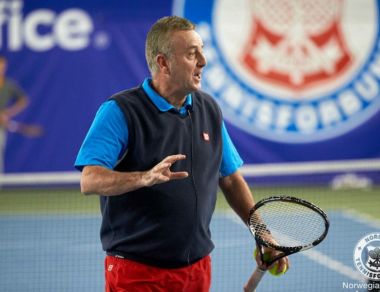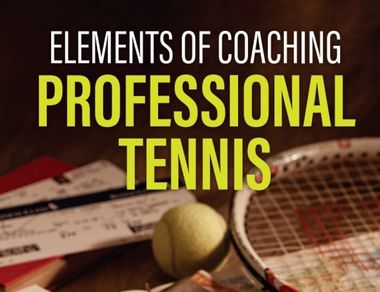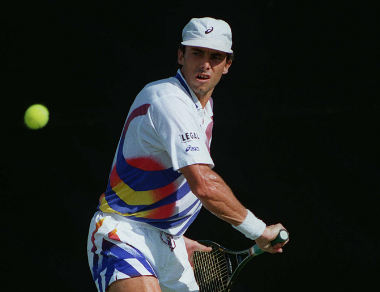I sometimes wonder why players who want it most suffer the greatest; while others who seem to care less rise up the rankings without the least bit of drama. I suppose that it has something to do with the increase of pressure from being completely committed to tennis.
On September 18, 2016 at the Tokyo International Open Christina McHale won her first WTA Tour singles title. Those that know her best might say it was a long time coming. One can only imagine what thoughts flooded through McHale’s mind as she lifted the champions trophy overhead while the cameras flashed and the applause rang out.
Professional tennis can quickly go from sadness to gladness. Nobody knows that better than 24 year old Christina McHale. Because of her tennis trials she has cried both tears of joy and sorrow. Review McHale’s ranking history and it shows a rapid rise followed by a decline, then a few years of leveling off, until this year when it finally rebounded. Through it all, McHale has handled the many disappointments by doing two basic things; looking into the mirror, and immediately going back into competition. A careful study of how McHale turned her career around this year provides some useful lessons for both players and coaches.
ITF $50,000 – Maui, Hawaii
January 25, 2016
2016 did not start the way Christina McHale had hoped. Though she won her first round match in Auckland, she promptly lost the next three matches in Hobart and Melbourne. Another grand slam, another disappointment. Then McHale made a decision that just might have been one of the key factors into her success this year. She decided to drop down and play a small ITF event in Maui. With a singles ranking of #65, McHale was the top seed by far. In fact, she never played a match where her opponent was inside the top 100. The finals, which she won in three sets was against a girl with a ranking of #602. However, one gets the feeling that McHale was not competing against other girls in the draw as much as she was playing against herself. Still, there is no such thing as a bad win on the professional tour.
“I decided to play Maui (ITF $50k) this year on my way back home from the Australian Open,” McHale begins. “My Australia swing did not go the way I wanted it to and I felt I needed to play more matches. I knew I wouldn’t be happy going home like this. My goal when I got to Maui wasn’t to win the tournament but just get some matches in. Looking back Maui was a really positive week for me because it helped me figure out ways to get through matches and deal with the pressure of being expected to win a lot of these matches.”
Until Maui, McHale had not won a singles tournament in five years.
Players can and do forget how to win tournaments. Especially so when their ranking allows them to play constantly in the top tier events where winning the tournament against the best players in the world is a big challenge. A wise coach will groom his player with a schedule that allows the player to also play events where he has a chance to practice winning when there is great pressure to perform.
McHale did not get to enjoy the win for very long though. Her next event in Rio de Janeiro she lost in the first round to a qualifier who was ranked more than a hundred places below her. But McHale did what she does best after a loss- straight back to the practice courts with coach Jorge Todero grinding through countless pattern drills.



